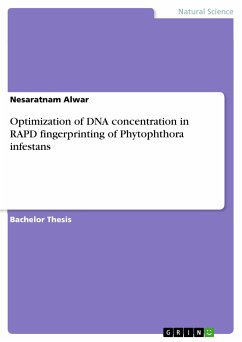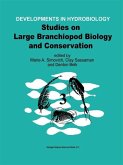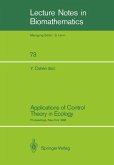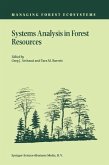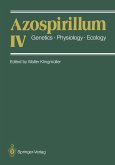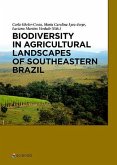Bachelor Thesis from the year 2015 in the subject Biology - Genetics / Gene Technology, grade: 77.88, University of Mauritius (Faculty of Science), course: BSc(Hons) Biology, language: English, abstract: Phytophthora infestans is a pathogenic oomycete which causes the late blight disease affecting both potato and tomato plantations The Phytophthora infestans populations in Mauritius have not yet been genetically characterized to assess the possible strains present on the island. Random Amplified Polymorphic DNA (RAPD) is a low cost and simple genetic characterization tool that can be used to genetically characterize the different strains of Phytophthora infestans and lead towards a better management of the late blight disease. However, the RAPD fingerprinting is one which requires an extensive optimization in terms of the conditions and the adherence to a stringent protocol. The aim of this study was to design and apply a series of experiments to optimize the RAPD protocol through the use of a set of DNA template concentrations. In this study, genomic DNA was extracted from 2 P.infestans isolates originating from potato and 1 P.infestans isolate emanating from tomato. The genomic DNA obtained from each isolates was diluted to obtain a set of DNA concentrations which were used for the screening of 30 RAPD primers and for further testing to identify the best DNA template concentration. The clarity of the amplified DNA fragments obtained during electrophoresis was used to determine the optimal DNA template concentration in this study.
Bitte wählen Sie Ihr Anliegen aus.
Rechnungen
Retourenschein anfordern
Bestellstatus
Storno

